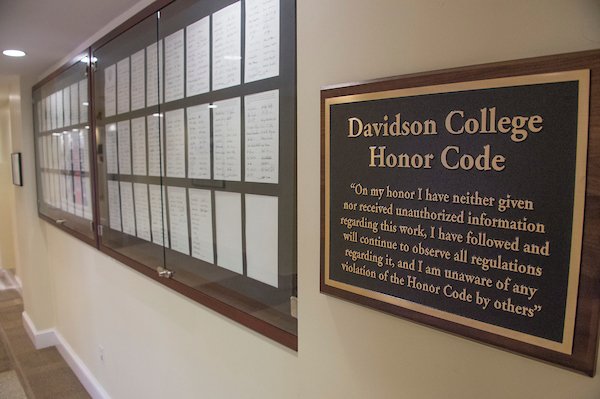Have you also been giving some thought to Ivan Danailov? To review, Ivan Danailov allegedly carved his initials into the Colosseum. You may have read about Ivan Danailov in The New York Times. Ivan Danailov’s defense, such as it was, was that he didn’t know the Coliseum was old. “I admit with deepest embarrassment that it was only after what regrettably happened that I learned of the monument’s antiquity.”
As you know I am a high school English teacher in recovery. As such, given the opportunity, I would like to pose the following queries to Ivan Danailov: You didn’t know the Coliseum was old? Tell me more. What was it about the structure that suggested Bauhaus (early 20th century minimalist German) architecture? Do you typically carve your initials into newer edifices? Could you, with the help of both your hands and a compass, locate your back side? Do your parents know what you did?
I am also intrigued by the phrase “after what regrettably happened.” Being struck by lightning on a sunny day is something that regrettably happens. Prostate cancer regrettably happens. Indeed, the very definition of regrettably happening involves something other than a volitional act. What regrettably happens is something that, well, happens. Something that someone does–carving your initials into a 1900-year-old building for example–may be regrettable, but is not something that regrettably happened.
The dog not only ate Ivan Danailov’s homework but the canine went on to make a mark against civilization.
There were any number of stops on this train. The exit doors were wide open. Ivan Danailov didn’t have to stay on board for the entire journey. Ignoring the thinnest tissue of lies—I didn’t know the building was old—what about just standing up? “I committed an unpardonable act for which I am truly sorry.” Doesn’t that sound so much better than “what regrettably happened”?
Some colleges in this country have honor codes. Incoming students sign a pledge. All exams are un-proctored. Students take tests in their dorm rooms, adhere to the instructions, observe the time limits, refrain from looking up answers on-line. There are no “teachable moments” for students. Infractions are “one and done.” The honor council does not consider whether a student is sorry for what they did or just sorry they got caught.
I cannot help but wonder what Ivan Danailov would think about such a system, about institutions that consider a student’s words to have meaning.
How do we ensure that our beloved children refrain from committing sufficiently heinous acts that make international news and bring shame on their families? Pay me now or pay me later is one of my favorite expressions. Now is cheaper. When your little child tells a little lie is a good time to have a little conversation. That way your little child can understand that in your family, truth is valued. The likelihood of your big children telling big lies—lies that make the news–is lessened.
As always, I recommend being a role model for your kids. Start in the pediatrician’s office. Don’t suggest that inoculations—a.k.a. a stranger in a white coat jabbing metal into your child’s arm—“won’t hurt a bit.” Communicate instead that you’ll be there for love, support, and encouragement. When you mess up, as all parents sometimes do, tell the truth. If you are late picking up your kids from school, just apologize truthfully and move on.
And whatever you do, refrain from using the phrase “what regrettably happened.”







One thought on “Rome Wasn’t Spilt in a Day”
I don’t get along with the Ivan’s of the world. My children value honesty and the simple truth of a matter. I passed it along like I did my sweet tooth. I am not sure I did them any favors. We are such a minority. Lies are normal. Accountability is an considered aggressive, dogmatic even. We are playing catch up.